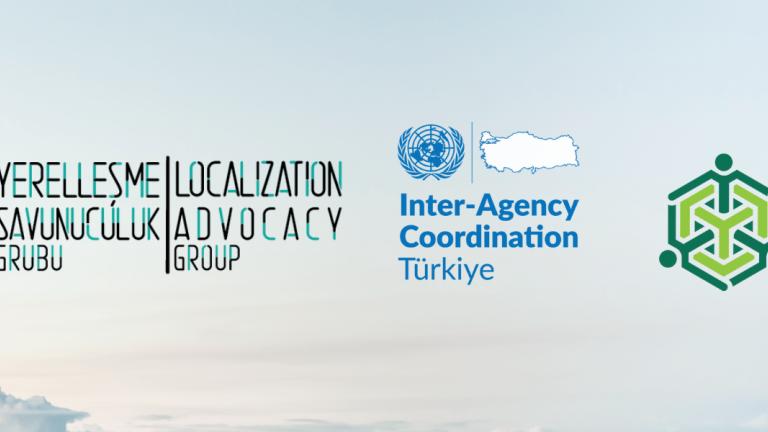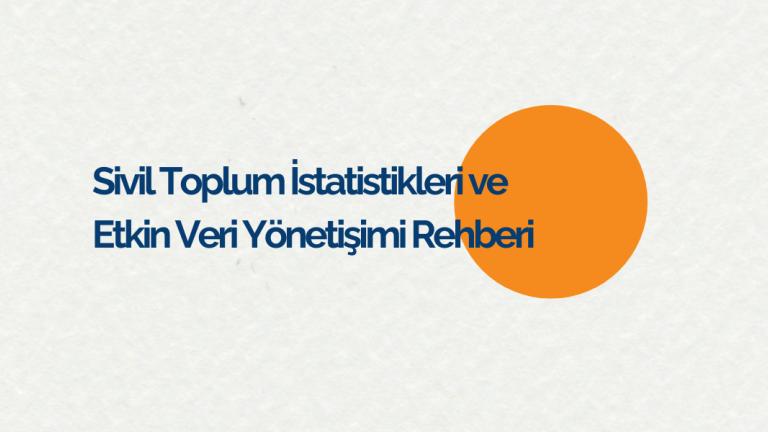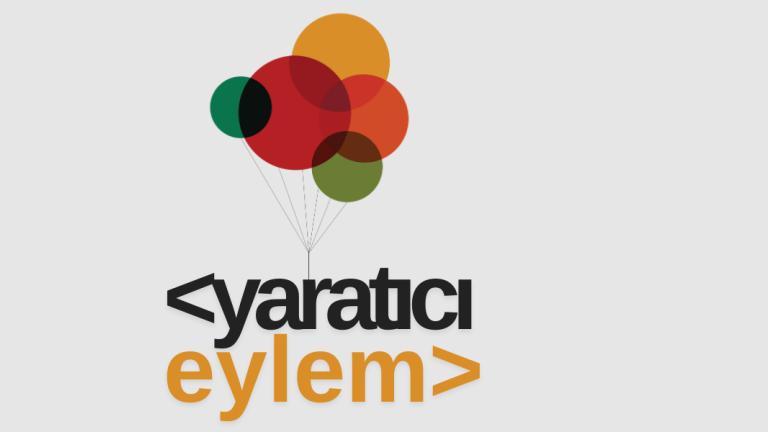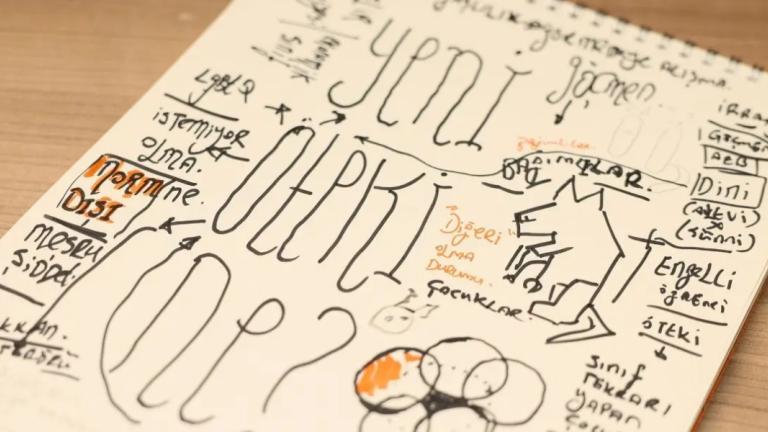
The Humanitarian Aid System Revolution in Turkey: Localization between Crises and Resources
The humanitarian aid sector is a complex, multi-stakeholder system where donor countries contribute significant funds to a large pool every year to be allocated to different crisis areas around the world. However, the funds in this mechanism, despite the billions of dollars in grants and financial flows, do not align adequately with the increasing number of people in need of humanitarian assistance.
For instance, after the earthquake that occurred on February 6, 2023, affecting 11 provinces, the United Nations Office for the Coordination of Humanitarian Affairs (OCHA) issued a "Flash Appeal" stating that the short-term need amounted to $1 billion. However, the amount of aid collected so far seems to be limited to $300 million.
We need to think more about the inadequacy of the humanitarian aid sector
When we consider the increase in the number of people in need of humanitarian assistance due to natural disasters and conflicts, it becomes apparent that the humanitarian aid system falls short in addressing situations where the need is greater. Looking at the data from the "Global Humanitarian Assistance" year-end report for 2023, which shares information on crises and risks worldwide for the upcoming year, the following observations are made:
- The number of people in need of humanitarian assistance increased from 199.1 million to 406.6 million between 2018 and 2022.
- Humanitarian aid needs, corresponding demands, and funding have reached record levels.
- The Ukraine-Russia war, deteriorating political and social conditions in Afghanistan, ongoing conflicts in Syria and Africa, and the earthquake in Turkey have been the key determinants of humanitarian aid needs in 2022.
Despite providing unprecedented levels of humanitarian aid financing under these circumstances, the funds provided remain inadequate to meet the rapidly growing needs.
While the effectiveness of the existing humanitarian aid system cannot be denied in the face of increasing global long-term crises and wars, it is evident that it falls short in meeting the needs. In this context, the report indicates that humanitarian aid needs will further increase in 2023 and highlights ways for key stakeholders within the humanitarian aid system to intervene more effectively. The report emphasizes that locally-led humanitarian assistance is the most effective form of intervention.
Locally-Led Humanitarian Assistance
The first time the need for an increase in the funding pool, budgets, and system to meet the growing humanitarian aid needs was brought up was during the World Humanitarian Summit held in Istanbul in 2016. It was unanimously agreed that innovative solutions should be developed for the existing resistant system, and discussions on localization began in the context of how local capacity could be utilized and strengthened.
During the forum, the resistant, top-down, and non-transparent structure of the humanitarian aid system was also criticized. In this regard, commitments were made regarding how the hierarchical structure of the system could be changed and how the grassroots could be organized.
However, the 2022 report, published on June 20, 2023, reveals that significant progress has not been made in fulfilling these commitments. In 2022, only 1.2% ($485 million) of humanitarian aid was directly provided to local and national actors, while UN agencies continued to receive the majority of the funds. Moreover, despite calls for better reporting on how funds are allocated, reporting has remained inadequate.
The signatories of the "Grand Bargain" agreement, which was signed in 2016 by UN agencies, donors, and international civil society organizations, along with 65 institutions including local networks and NGOs, have been monitoring the implementation of these commitments since 2016. Additionally, various global and local networks that follow the localization agenda are conducting advocacy campaigns. It is necessary to acknowledge that these ongoing problems in the humanitarian aid system are disappointing for all organizations working in this field, especially for local networks advocating for localization.
Strengthening Humanitarian Aid through the Localization Advocacy Group and National Reference Group
Before the publication of the relevant report and data, during the evaluation meeting held in 2022, it was noticed that despite the existing commitments, the transformation towards localization was progressing very slowly, considering that it was the 6th year of the Grand Bargain. That is why the Grand Bargain 2.0 was signed, accepted as the second phase of the Grand Bargain. In this phase, the difficulty of monitoring localization efforts globally within this large system was emphasized, and it was proposed to carry out these efforts at the country level.
In the evaluation meeting, it was also suggested to establish National Reference Groups at the country level to trigger decision-making mechanisms and bring movement towards localization. Advocacy activities were initiated in different countries to remind the political will and stakeholders in the humanitarian aid system of their localization commitments and to lead them in establishing these groups.
As the Localization Advocacy Group, we had brought the idea of establishing a National Reference Group in Turkey to the agenda during our workshop "Localization from the World Humanitarian Summit to Today", which we hosted on 24 May 2022.
Following the workshop, the United Nations High Commissioner for Refugees (UNHCR) and the United Nations Development Program (UNDP) expressed their support for this idea. We were very excited about this support from these two UN agencies, which are important signatories of the Grand Bargain and hold most of the funds. We included the Turkish Refugee Council, which advocates for localization, in the preparatory team and held a series of preparatory meetings throughout 2022 on how to establish the National Reference Group. On January 25, 2023, we organized the "From Global to National: Advancing Localization in Turkey with the Launch of the National Reference Group" event on 25 January 2023.
You can find information about the activities and publications of the Localization Advocacy group, an independent and local initiative supporting the improvement of civil society work through localization, here.
The Localization Revolution in Turkey
The first meeting of this idea that we planted seeds for took place on June 17, 2023, hosted by UNHCR. This meeting brought together donors, UN agencies, and international NGOs with different understandings and discourses on localization, aiming to create a common understanding to advance and strengthen localization in Turkey.
At this meeting, where international actors and donors shaping the humanitarian aid system were present, the challenging aspects of the humanitarian aid system that clearly requires fundamental change, the necessity to recognize the power of local actors, and the actions that can be taken for this purpose were expressed.
The reason we describe this meeting as a revolution is that Turkey became the first country to successfully establish a National Reference Group at the global level. This success sets an example for localization advocacy networks currently working in 15 different countries. During the Grand Bargain Review Meeting held in Geneva on June 19-20*, Turkey was acknowledged as a good example.
Change is necessary in the humanitarian aid system
It is evident that creating space to reveal the inequalities in this resistant system where power struggles and resource competitions take place and where local actors are made invisible, expressing possibilities for change, and establishing a tradition of self-criticism is essential. It cannot be ignored that change will take a long time and the system will resist this change as much as possible. However, despite all the challenges, we will not tire of reminding relevant stakeholders through the National Reference Group that change is necessary in the humanitarian aid system.
Our insistence on this demand indicates not only our existence as local actors but also the efforts to improve the living conditions of communities and individuals in need of humanitarian aid. Keeping in mind the possibility that each of us may be affected by natural disasters, wars, or conflicts and may need humanitarian assistance, we will continue this struggle with determination.

STGM Studio
We have good news for CSOs that want to produce video content. In our studio in our office, you can shoot your videos and get editing support.








